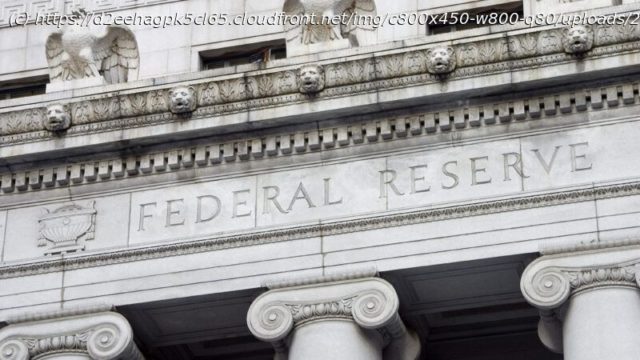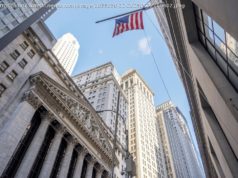The question is not whether Powell will resist Trump’s demands. It’s whether Congress will behave in a way that allows the Fed to do its job.
Concerns about the Federal Reserve’s independence have grown following repeated attacks by President Donald Trump, including this week’s decision to fire Fed Governor Lisa Cook based on questionable allegations. But this debate is too narrowly focused on the president’s political pressure, ignoring a growing danger in our system.
It is true that since the Treasury-Federal Reserve Accord of 1951, the Fed has had operational independence—the ability to set interest rates day to day—without any obligation to make government borrowing cheap. But it never had true economic independence because the bank’s monetary policy cannot be insulated from the effect of fiscal policy, and vice versa.
As public debt grows, the link becomes more visible and fiscal dominance—which occurs when a central bank like the Fed becomes subordinate to the government’s fiscal policy—looms larger.
For instance, fiscal policy can happen in the name of financial stability, like it did in the U.K. in 2022. When former Prime Minister Liz Truss unveiled unfunded tax cuts and new spending, bond markets collapsed. The Bank of England was compelled to intervene and buy long-dated bonds „on whatever scale necessary.“ The official justification was financial, but the underlying dynamic was fiscal dominance. The bank had to postpone inflation-fighting measures to cope with a fiscal decision.
Fiscal dominance also occurs in the name of fiscal sustainability. Some economists, including me, have wondered whether there was more to the Fed’s hesitation to raise interest rates when inflation took off in 2021 than a misread of a situation it called „transitory.
Start
United States
USA — Financial The Real Threat to Fed Independence Isn't Trump. It's Congress' Debt Addiction.






